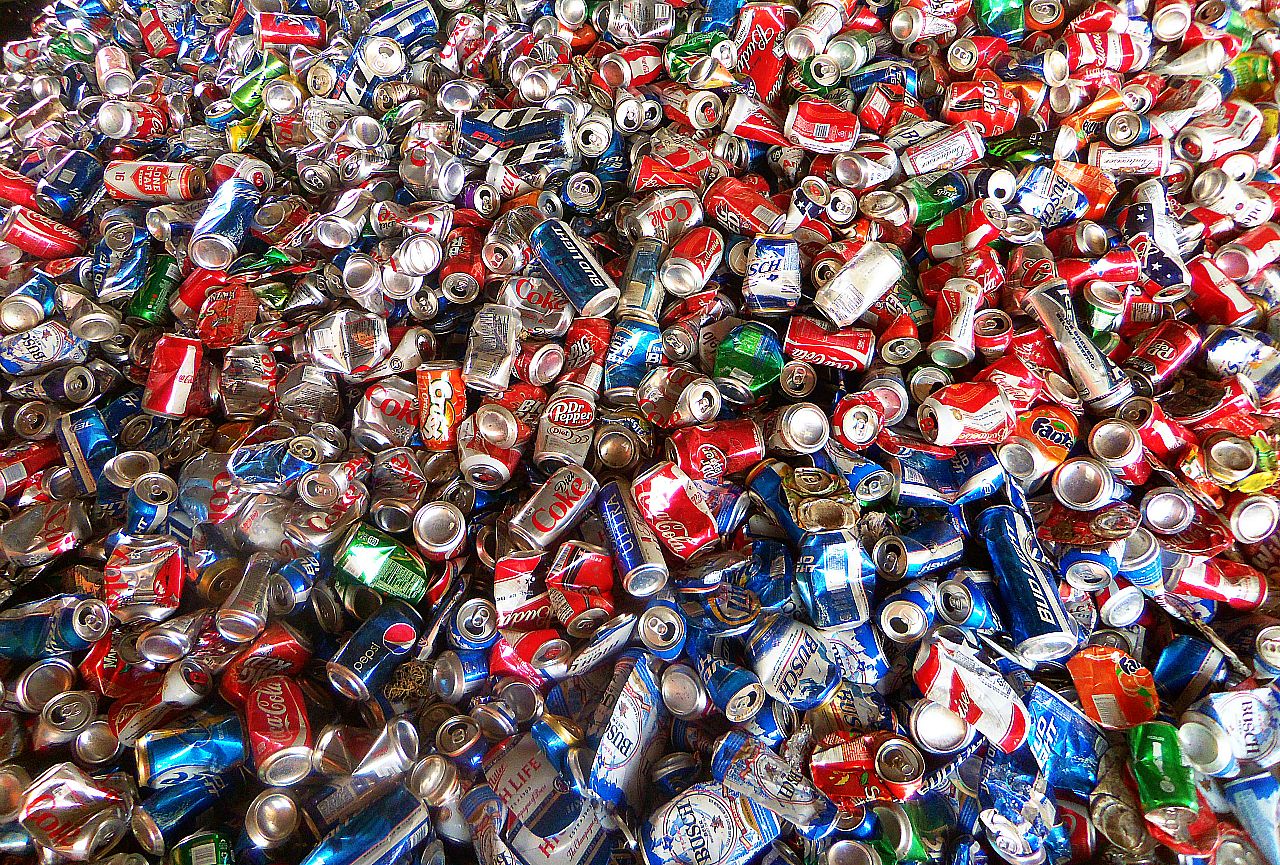
Mediating the Intra-capitalist Struggle
August 14, 2013
DT Cochrane
U.S. regulators have subpoenaed powerhouses of financial intermediation, Goldman Sachs and JPMorgan Chase, as part of a probe into metal warehousing. Two companies identified with the supposedly ephemeral world of finance are being called to answer questions as owners of the decidedly concrete warehouses used to store aluminum. The investigation is being conducted by the Commodity Futures Trading Commission (CFTC) into aluminum market irregularities. The fact that financial intermediaries get involved in the grimy world of metal storage and sale is a reminder that the commodities market does not operate above or at a remove from the realm of the physical commodities themselves. Financial processes occur alongside material processes with each impacting the other. This should undermine any facile analytical distinction between ‘Main Street’ and ‘Wall Street.’ It is also a reminder that the waning of manufacturing should not lead to flippant declarations of either a post-industrial apocalypse or an information economy utopia.
The investigation has been initiated on the basis of complaints from aluminum users such as MillerCoors, Coca-Cola, and GM. The role of the CFTC, an independent US government agency, should cause us to question any overly generalized claim about the relationship between government and capital. Rather than merely serving or restraining capital, government agencies play an important role in mediating between capitalist entities in the intra-capitalist struggle that marks the process of differential accumulation.
The government’s investigation will attempt to distinguish between appropriate market activities and manipulations of the market. However, this distinction is rooted in liberal economic theory, which conceptualizes a ‘natural’ market. This is the market of the Invisible Hand, where supply and demand equilibrate at market-clearing prices. The activities of Goldman Sachs and JPMorgan Chase will either be authenticated as virtuous, adhering to market discipline, with only the appearance of extraordinary intervention, or they will be sanctioned as contrary to the virtuous market. Within this analysis there is no power except as a departure from the natural operations of equilibrating markets. Ironically, while mainstream theory demonizes government as enemy No. 1 of the virtuous market, government is necessary for enforcing the liberal market ideal.
